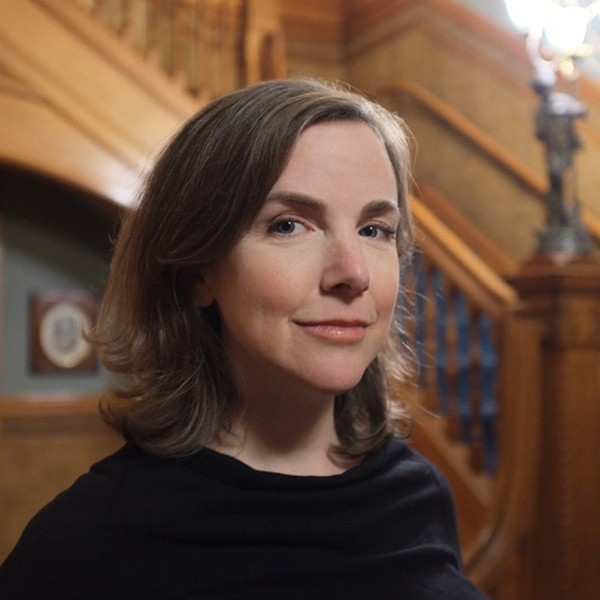
When a business declares that it’s concerned about sustainability, we often think about the earth. We think about tropical rainforests and biodiversity, about melting glaciers and flooded cities. A few people might think about social and economic development or human rights. Almost nobody thinks about domestic American politics.
But ask anyone whether they think the current level of polarization in our politics and the gridlock it creates in Washington is sustainable and most will say that it is not. Just as our natural world is under threat, our civic world is under threat too. It’s hard to see how a business that takes social responsibility seriously shouldn’t also be concerned about the health of our democracy, our politics, and our civic life.
While Corporate Social Responsibility refers to a company’s efforts to improve society, the concept of Corporate Civic Responsibility (CCR) focuses on an obligation on the part of business to drive positive civic engagement with its communities. Even though most CSR initiatives today do not mention civic responsibility specifically, many companies are already being held to a standard for civic responsibility by their stakeholders – whether they realize it or not.
Because disillusionment with government and politics is at its highest levels in a lifetime, stakeholders are looking ever more closely at the public conduct of business. The starting point is usually a focus on political engagement including lobbying and campaign contributions, often because there is no other example of corporate civic engagement to point to.
This is unfortunate and unnecessary. The business community has so far largely ignored its potential for constructive civic engagement even though a strong case can be made that it shares responsibility for helping preserve our country’s democratic institutions. If a business decides to embrace its civic role and develop a thoughtful strategy for CCR, it can earn the right to credibly redefine the criteria by which its civic conduct is judged. Without such a strategy, others will set those criteria and the results will be unpredictable.
Get News & Updates About SB'19 Detroit
At the core of CCR is the idea that civic engagement has a much broader context than political engagement. From this perspective, politics itself is as a kind of civic resource, similar in some ways to a natural resource. In the same way that our communities need clean water to thrive, they also need politics to function well and allow them to implement public choices on important public issues. So when a business works to improve the workings of politics itself, it is preserving and enhancing a vital public resource. This is civic engagement of the best possible kind; is less about how business uses its own political power, and more about how it works to enhance the political voice, power, and engagement of its stakeholders.
Corporate Civic Responsibility does not have to be expensive. Simple initiatives such as giving employees time off to vote, providing them with nonpartisan civic educational programming, or supporting popular, bipartisan political reforms can have a large impact and can be pursued at little cost.
By empowering shareholders as citizens, deepening trust with them, and adding a credible new dimension to corporate responsibility, CCR is also good for the business, its brands, and its stakeholders. In our current era of extreme polarization and divided communities, the concept of corporate responsibility can be reinvigorated by the addition of a new civic dimension.
Business For America is helping interested businesses explore how to extend their corporate responsibility to include CCR strategies. To learn more about CCR at SB’19, join Sarah Bonk and a panel of experts for session “Democracy Is Good for Business: The Business Case for Political Reform” taking place on Thursday, 6 June, 2019 from 11:00 to 12:30, in Breakout Session Room 140E.

About Sarah
Sarah Bonk is a seasoned business professional with expertise in strategy, leadership, organizational development, communications, project management, design, and technology. She spent most of her early career at Fortune 500 companies, including 14+ years at Apple, where her last role was leading a team of 50+ Apple.com designers and managers.
After earning a B.A. in public policy from Oberlin College and interning in the U.S. Congress, Bonk decided that DC politics was not for her. However, after 20 years in the private sector, she decided to become more civically engaged and started consulting pro bono for a variety of nonpartisan organizations focused on structural political reform. While bringing her professional skills and perspective to the political arena, Bonk found that the business voice was missing. In 2013, she began developing the Business for America concept, and in 2016 she left Apple to found the organization.


